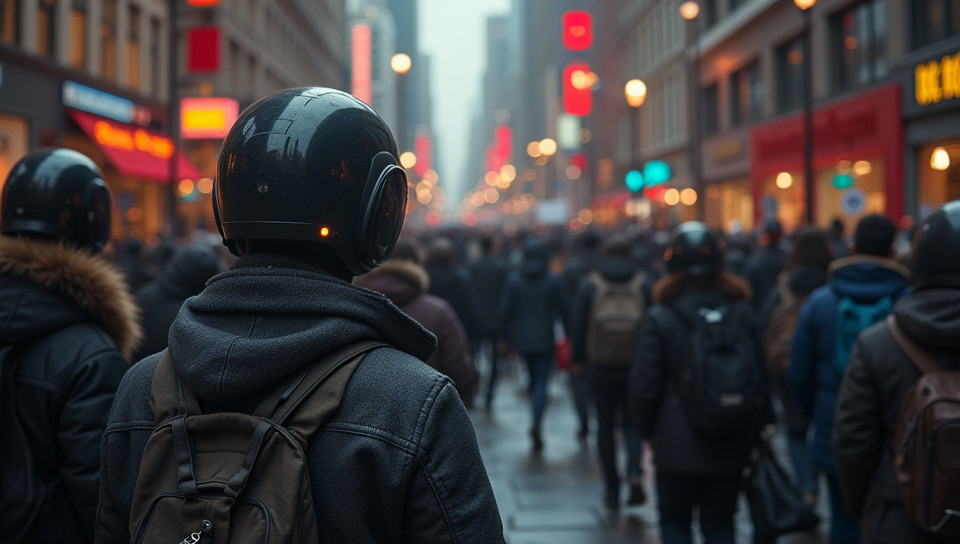Censorship on the internet raises human rights concerns 85%

Censorship on the internet raises human rights concerns
The internet, once hailed as a bastion of freedom and open communication, has become increasingly fragmented in recent years. The rise of social media platforms, online news outlets, and other digital services has created a complex web of information that is vulnerable to manipulation and control. At the heart of this issue lies censorship, which poses significant threats to human rights worldwide.
The Rise of Censorship
In an effort to maintain order and protect national security, governments around the world have begun to exercise greater control over online content. This has taken many forms, from outright bans on certain websites or social media platforms to more subtle efforts to manipulate search engine results or suppress dissenting voices.
- Blocking access to specific websites or social media platforms
- Censoring online news outlets and independent journalists
- Manipulating search engine results to promote state-friendly content
- Suppressing dissenting voices through targeted harassment or intimidation
The Impact on Human Rights
Censorship has far-reaching consequences for human rights, particularly in the areas of freedom of expression, access to information, and the right to hold opinions without fear of reprisal. When governments can control what people see and say online, they undermine the very foundations of democracy.
- Chilling effects on free speech and assembly
- Suppression of marginalized voices and perspectives
- Increased risk of misinformation and propaganda
- Erosion of trust in institutions and governance
The Global Response
In response to these threats, human rights organizations, civil society groups, and governments are working together to develop new strategies for promoting online freedom. These efforts include:
- Advocating for stronger international laws and agreements that protect online free speech
- Developing alternative platforms and tools for secure communication and information-sharing
- Educating users about the risks of censorship and how to avoid it
Conclusion
The struggle against censorship on the internet is a complex and multifaceted one. As we navigate this uncertain landscape, it's essential that we prioritize human rights and promote online freedom as a fundamental aspect of our digital lives. Only by working together can we ensure that the internet remains a force for good, fostering connection, creativity, and progress for all.
- Created by: Xīnyí Wong
- Created at: Sept. 18, 2024, 10:29 p.m.
- ID: 10112

